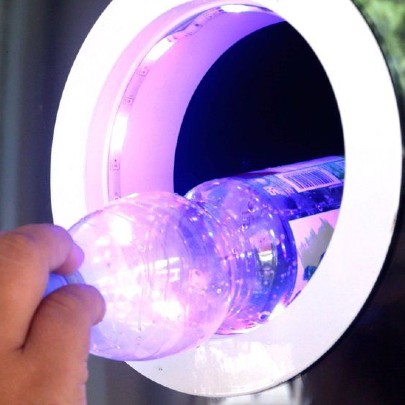June 20, 2023 Industry news
Originally intending to launch the first nationwide DRS ever seen in the UK, Scotland has been keen to push ahead with its own system for DRS since plans were first announced in 2019.
However, after much confusion and controversy, circular economy minister Lorna Slater recently confirmed that the Scottish scheme won’t be implemented until October 2025, bringing it more closely in line with the schemes planned for England, Wales, and Northern Ireland.
Scotland was due to launch its DRS on 1 March 2024, having delayed it from August 2023 earlier this year.
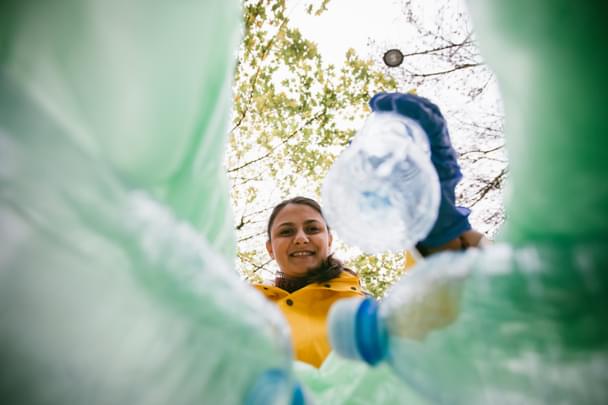
The environmental impact caused by single-use containers is massive and could be avoided. Nearly two thirds of the 10 million tonnes produced each year is recoverable.
DRS models are designed to address this problem and the idea behind them is simple: incentivise consumers to recycle single-use containers by charging a small deposit that is refunded, either manually or digitally, on return or collection.
Already used across the world in various forms, there is clear evidence that shows when implemented correctly, they can be highly effective.
In those countries where DRS is already in place, sometimes for as long as three decades, we’ve seen recycling rates vastly improve, as consumers are successfully incentivised to return single-use containers, with collection rates close to 100 per cent in some cases.
Scotland’s deposit return scheme (DRS) will play an important role in the nation’s journey towards a more sustainable economy. Estimates by Zero Waste Scotland, a not-for-profit environmental organisation that is supporting implementation, suggest that it could reduce carbon emissions by an average of nearly 160,000 tonnes a year - the equivalent of 109,000 return flights from Edinburgh to New York.
What were the plans for the Scottish scheme?
The concept of returning containers to reclaim a deposit will not be completely new to Scottish consumers. Older Scots may recall being able to get money back on their "ginger" (fizzy drink) bottles when they were children – and scheme that is currently planned would work in a similar way.
Under the Scottish government's proposals, a 20p deposit would be charged on all single-use drinks containers made of PET plastic, metal or glass. This would apply to both alcoholic and soft drinks.
Consumer could then get their money back by returning the used container to any retailer and hospitality premises that sold such products to take away. Larger stores, shopping centres and community hubs would operate automated return points known as reverse vending machines (RVMs) which would then issue vouchers that can be used to pay for shopping.
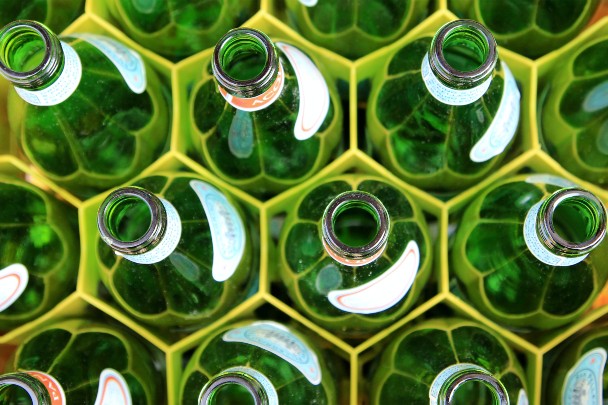
Why has the scheme been delayed?
This latest delay is the result of a row between Holyrood and Westminster over the inclusion of glass.
The schemes planned for England and Northern Ireland, also due to be implemented in 2025, will cover cans and plastic containers. Only Wales and Scotland were planning to include glass, which Westminster argued would prevent a consistent UK wide approach.
In response to warnings that the Scottish scheme could create an unlawful trade barrier with other parts of the UK, with different prices being charged either side of the border, the UK government granted a temporary exclusion to the Internal Market Act.
This however did not include the exclusion of glass which, according to Holyrood, meant the Scottish DRS could not ‘go ahead as planned’.
What happens next?
Environmental campaigners have argued that the delay will significantly increase the volume of recyclable material that is dumped into landfills, releasing many tonnes of carbon emissions that could have been avoided if the original timeline has been met.
Some businesses and trade bodies have expressed relief, hoping that this third delay will give both industry and government the breathing space they need to refocus and work towards a scheme that works for all. Others are celebrating the fact that the new date will bring the Scottish initiative in line with the launch of a UK-wide scheme.
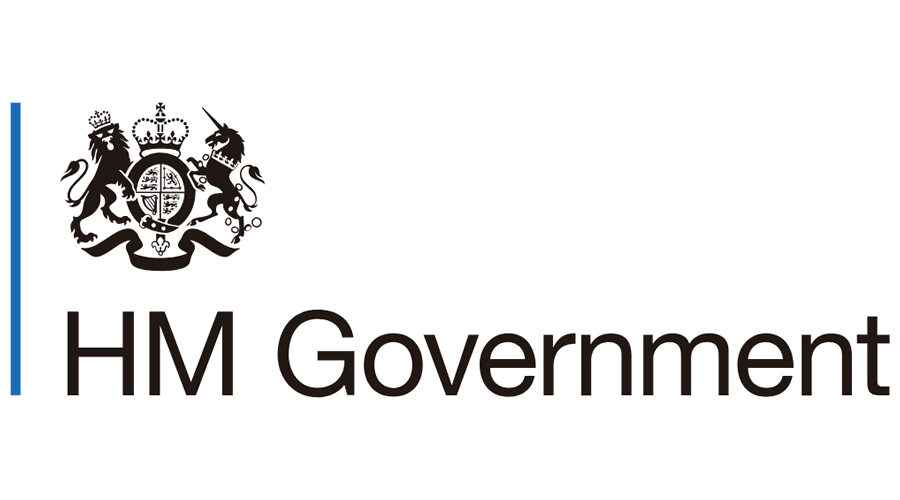
Interoperability of schemes across the whole UK ensures all manufacturers, whether in Clydebank, Carlisle, Cardiff, or Carrickfergus, have the same access to sell their products across the UK internal market. The exclusion of glass also ensures consumer choice is not restricted in Scotland, given the risk that differences in scope would have led to some producers choosing not to supply Scotland through online or physical sales."
Cabinet ministers Michael Gove, Alister Jack and Thérèse Coffey
Responding to Scotland’s First Minister, Humza Yousaf, in a letter written on behalf of the Prime Minister
It is still unclear yet as to whether Scotland will exclude glass, or heed other stipulations delivered with the exemption from the IMA, such as agreeing a cap on deposit levels in each of the four nations.
It is also unclear as to what, if any compensation, will be offered to the businesses and organisations that have already invested heavily in a scheme that would involve glass. The scheme’s logistics partner, Biffa, have already invested £65 million under this assumption and thousands of businesses, big and small, had already began preparing their infrastructure ahead of the March 2024 deadline. Circularity Scotland, the deposit management organisation, has equally invested significantly in preparations.
It remains to be seen whether there will be any repayments for stakeholders but companies such as Coca-Cola and Redbull have already indicated they will be seeking millions in compensations.
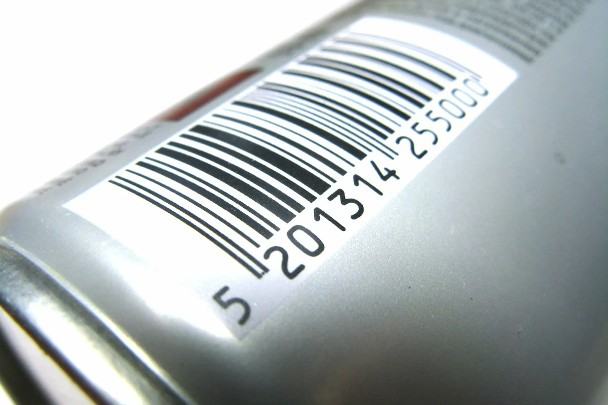
A valuable opportunity
While the extended timeline does present a valuable opportunity for getting DRS right, industry and government must work together to ensure that the next steps are headed in the right direction.
GS1 UK has continually been calling for a harmonised approach that provides clarity and consistency for all involved. Closer alignment with the rest of the UK is a positive step forwards but we must ensure that the time that is left is used wisely, and this can only be achieved with closer collaboration between stakeholders.
Focus must move quickly to optimising the design of an interoperable scheme that will not only reduce the significant environmental damage caused by packaging waste, but also protects the interests of businesses, supports cross-border trade, maintains consumer choice, and provides the flexibility required to adapt and evolve over time.
Alongside the harmonisation of deposits and the materials in-scope, an agreement on aligned labelling across the UK would enable UK-wide product lines while flexing to the different approaches that may be taken. Such a move would drastically reduce the cost and burden facing businesses, helping to overcome some of the key practical challenges associated with the delivery of DRS.
